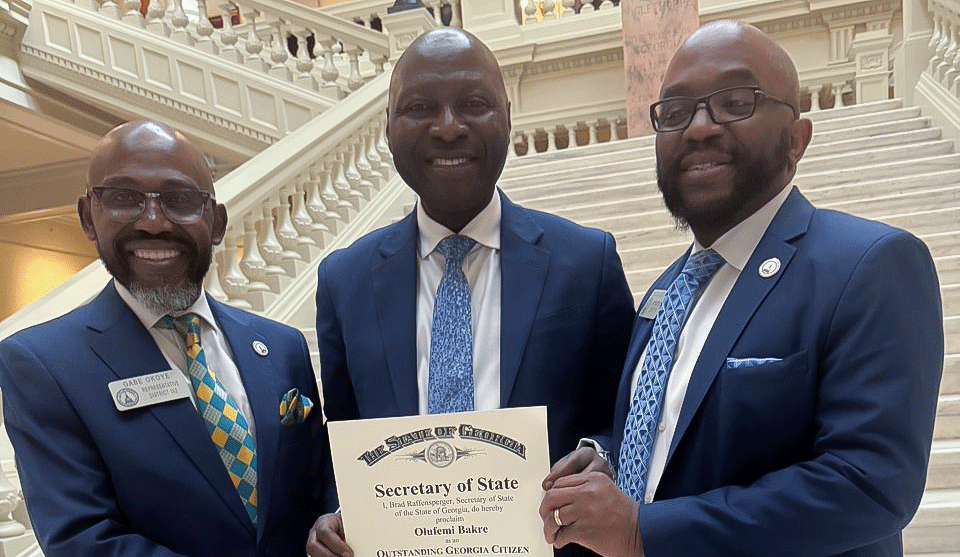Harnessing Ethnicity for Effective Leadership: Reimagining Ethnic Politics as an Institutional Asset in Africa
Master's Thesis
Master of Arts (MA)
Arts and Sciences
Political Science
Prof. Emily Bacchus
Dr. Michael Zilis
Dr. Ada Johnson-Kanu
Ethnic identity remains one of the most enduring forces shaping political behavior and leadership in Africa. Often viewed as a source of division, this study reframes ethnicity as an institutional asset capable of fostering accountability and enhancing leadership quality. Drawing on Afrobarometer Round 9 data from 35 African countries, the paper shows that ethnicity consistently predicts vote choice affirming its political salience. Rather than treating this as a democratic obstacle, the analysis demonstrates that when mediated through trusted traditional leaders, ethnic identity can strengthen satisfaction with democracy, trust in institutions, and perceptions of governance. Logistic regression models reveal that trust in traditional leaders not only exerts independent positive effects but also rehapes how ethnic affinity influences political attitudes. In contexts where these leaders are trusted, ethnic identity becomes a source of cohesion rather than conflict. By theorizing ethnicity as an adaptive institution, the paper contributes to debates on hybrid governance and leadership emergence, advocating for reforms that integrate traditional authorities as vital agents of inclusive democratic development.
https://doi.org/10.13023/etd.2025.177
Aka, Obaloluwa A., "Harnessing Ethnicity for Effective Leadership: Reimagining Ethnic Politics as an Institutional Asset in Africa" (2025). Theses and Dissertations--Political Science. 57.
https://uknowledge.uky.edu/polysci_etds/57












